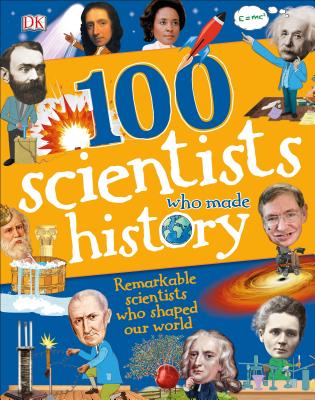
Abrams, Jeanne E.
product information
description
1
nuanced insight into their lives, but also opens a window into the practice of medicine in the eighteenth century, which is at once intimate, personal, and first hand. Perhaps most importantly, today's American public health initiatives have their roots in the work of America's founders, for they recognized early on that government had compelling reasons to shoulder some new responsibilities with respect to ensuring the health and well-being of its citizenry. The state of medicine and public healthcare today is still a work in progress, but these founders played a significant role in beginning the conversation that shaped the contours of its development.
An engaging history of the role that George Washington, Thomas Jefferson, and Benjamin Franklin played in the origins of public health in America
Before the advent of modern antibiotics, one's life could be abruptly shattered by contagion and death, and debility from infectious diseases and epidemics was commonplace for early Americans, regardless of social status. Concerns over health affected the founding fathers and their families as it did slaves, merchants, immigrants, and everyone else in North America. As both victims of illness and national leaders, the Founders occupied a unique position regarding the development of public health in America. Revolutionary Medicine refocuses the study of the lives of George and Martha Washington, Benjamin Franklin, Thomas Jefferson, John and Abigail Adams, and James and Dolley Madison away from the usual lens of politics to the unique perspective of sickness, health, and medicine in their era. For the founders, republican ideals fostered a reciprocal connection between individual health and the "health" of the nation. Studying the encounters of these American founders with illness and disease, as well as their viewpoints about good health, not only provides us with a richer and morenuanced insight into their lives, but also opens a window into the practice of medicine in the eighteenth century, which is at once intimate, personal, and first hand. Perhaps most importantly, today's American public health initiatives have their roots in the work of America's founders, for they recognized early on that government had compelling reasons to shoulder some new responsibilities with respect to ensuring the health and well-being of its citizenry. The state of medicine and public healthcare today is still a work in progress, but these founders played a significant role in beginning the conversation that shaped the contours of its development.
member goods
No member items were found under this heading.
listens & views

VICTOR HERBERT: ORANGE BLOSSOMS
by LIGHT OPERA OF NEW YORK / BALLENGER,NATALIE
COMPACT DISCout of stock
$14.75
Return Policy
All sales are final
Shipping
No special shipping considerations available.
Shipping fees determined at checkout.






